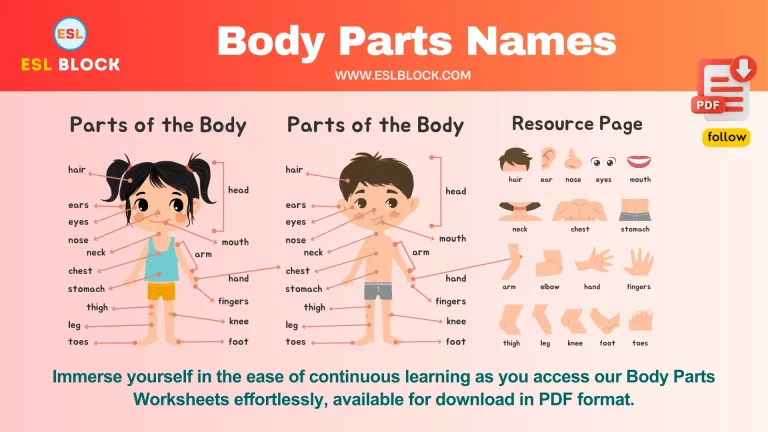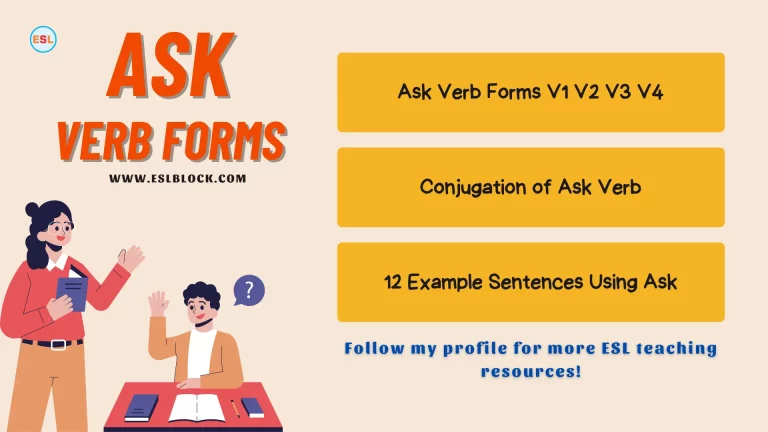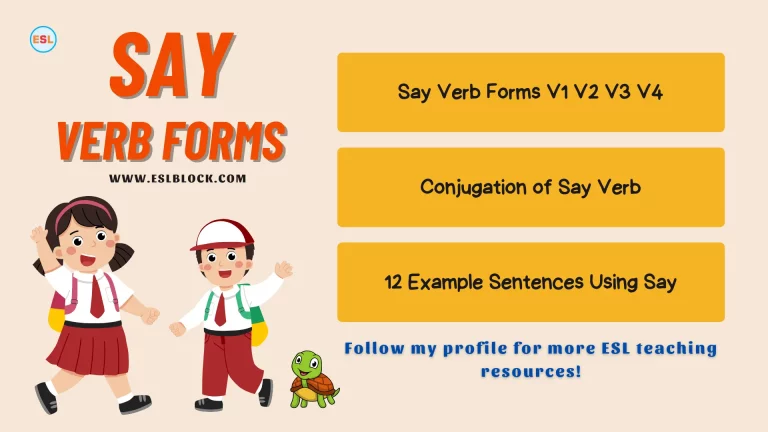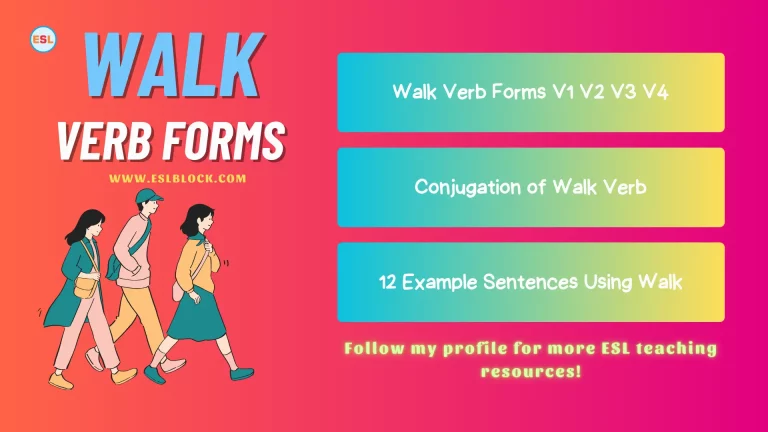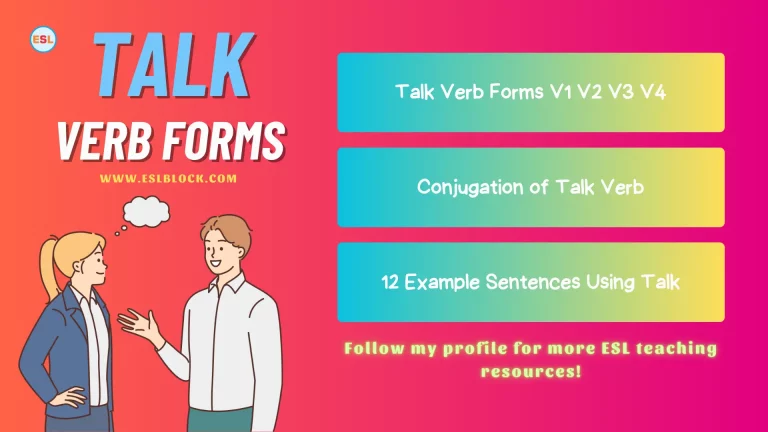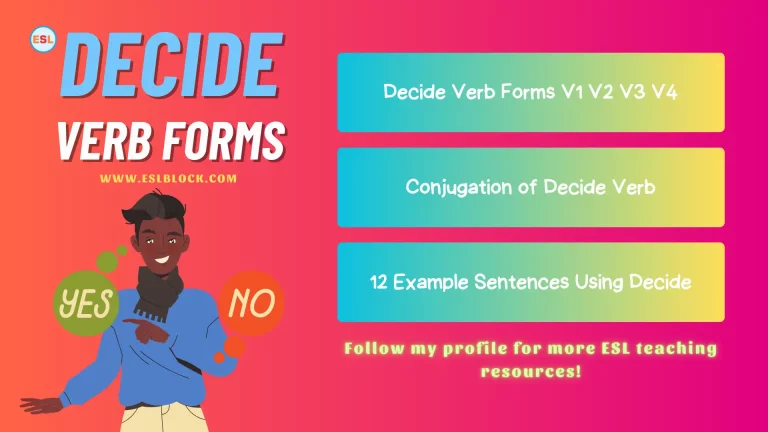Present Perfect Tense Definition With Examples
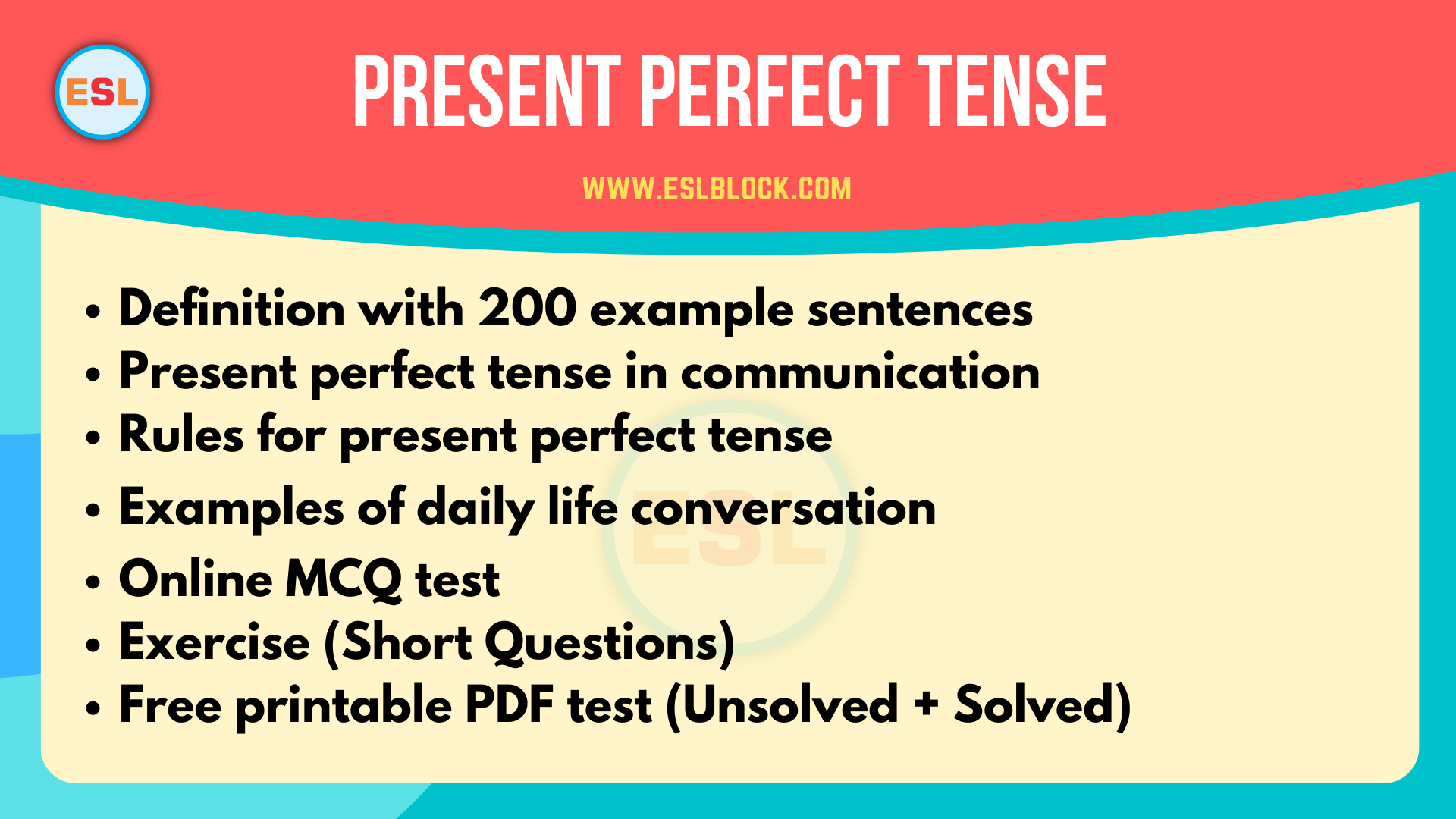
The present perfect tense is a grammatical tense used to indicate that an action or event has occurred at some point in the past and its effects are still present in the present. It is formed using the auxiliary verb “to have” in the present tense and the past participle of the main verb.
It is important to understand the present perfect tense in English as it is commonly used in spoken and written language to talk about past experiences and to describe a connection between the past and the present. It is also used to express change or development that has occurred over a period of time.
Read also: Personal Injury Lawyer Greenville NC
The purpose of this blog post is to provide a comprehensive guide to the present perfect tense, including its formation, usage and rules, common mistakes, and tips for proper usage, as well as practice exercises to help you improve your understanding of this grammatical tense.
Read also: Types of Sentences Worksheets
How to form Present Perfect Tense?
The present perfect tense is formed by using the auxiliary verb “to have” in the present tense and the past participle of the main verb. The past participle is usually formed by adding -ed to regular verbs and it’s different for irregular verbs.
Examples of forming the present perfect with regular verbs:
- I have walked to the park.
- You have talked to your friend.
- They have studied for the exam.
- He has watched the movie.
- She has cooked dinner.
- We have traveled to different countries.
- You have lived in this city for 10 years.
- They have played soccer in the park.
- He has visited his grandparents.
- She has listened to music while working.
Examples of forming the present perfect with irregular verbs:
- I have gone to the store.
- You have seen the new movie.
- They have done their homework.
- He has been to the beach.
- She has had a good day.
- We have made a cake.
- You have had breakfast already.
- They have taken the dog for a walk.
- He has broken his leg.
- She has written a letter to her friend.
It’s important to remember that the past participle form for irregular verbs is different from the base form, and it’s important to be familiar with those forms. Regular verbs are easier to form into the present perfect because you only need to add -ed to the base form.
Rules for affirmative sentences
To form affirmative sentences in the present perfect, use the auxiliary verb “to have” in the present tense, followed by the past participle of the main verb. For example, “I have walked to the park.”
Examples of affirmative sentences in the present perfect tense:
- I have finished my work
- You have read the book
- He has seen the movie
- She has learned English
- We have visited the museum
- They have gone to the concert
- He has made dinner
- She has taken the dog for a walk
- I have bought a new car
- You have met your friends
Rules for negative sentences
To form negative sentences in the present perfect, add “not” after the auxiliary verb “to have.” For example, “I have not walked to the park.”
Examples of negative sentences in the present perfect tense:
- I have not finished my work
- You have not read the book
- He has not seen the movie
- She has not learned English
- We have not visited the museum
- They have not gone to the concert
- He has not made dinner
- She has not taken the dog for a walk
- I have not bought a new car
- You have not met your friends
Rules for interrogative sentences
To form interrogative sentences in the present perfect, invert the subject and the auxiliary verb “to have.” For example, “Have I walked to the park?”
Examples of interrogative sentences in the present perfect tense:
- Have I finished my work?
- Have you read the book?
- Has he seen the movie?
- Has she learned English?
- Have we visited the museum?
- Have they gone to the concert?
- Has he made dinner?
- Has she taken the dog for a walk?
- Have I bought a new car?
- Have you met your friends?
Examples of present perfect tense in everyday situations
- I have seen that movie three times.
- He has not visited his family in over a year.
- Have you ever ridden a horse?
- We have been friends for 15 years.
- They have not finished their project yet.
- She has traveled to many countries.
- I have not eaten breakfast yet.
- Have they gone to the party yet?
- He has studied for the exam all week.
- We have not received the package yet.
- I have read that book twice.
- She has not watched the news today.
- Have you ever been to New York City?
- They have been living in this city for 5 years.
- He has not finished his homework yet.
- We have made a cake for the party.
- I have not talked to my sister in a month.
- Have you seen the new movie yet?
- They have gone to the beach every summer.
- She has not slept well for the past week.
- I have had a headache all day.
- He has not played his guitar in a while.
- Have you ever played chess?
- They have been practicing their dance routine for weeks.
- I have not finished my book yet.
- We have visited the zoo many times.
- Have you seen the new exhibit at the museum?
- They have not gone to the concert yet.
- He has made dinner for us.
- She has not taken a shower yet.
- I have bought a new dress for the party.
- He has not met his new coworkers yet.
- Have you ever ridden a bike?
- We have been in this city for two years.
- They have not finished their homework yet.
- I have had a lot of work to do this week.
- He has not slept well for the past few days.
- Have you seen the new show on Netflix?
- They have gone to the park every day this week.
- She has not spoken to her friend in a while.
- I have finished my essay.
- He has not finished his book yet.
- Have you ever ridden a rollercoaster?
- We have been married for 5 years.
- They have not finished their game yet.
- I have had a cold for the past few days.
- She has not called her parents in a week.
- Have you ever gone bungee jumping?
- They have been working on this project for months.
- He has not gone to the gym in a while.
- I have finished my report.
- We have not received our order yet.
- Have you seen the new exhibit at the art museum?
- They have gone to the beach every weekend this summer.
- She has not finished her book yet.
- I have had a busy day at work.
- He has not finished his exam yet.
- Have you ever played tennis?
- We have been to this restaurant before.
- They have not finished their assignment yet.
- I have seen that movie twice.
- He has not visited his grandparents in a year.
- Have you ever ridden a train?
- They have been living in this house for a year.
- She has not finished her homework yet.
- We have made plans for the weekend.
- I have not talked to my friend in a month.
- Have you seen the new play at the theater?
- They have gone to the concert every year.
- He has not finished his book yet.
- I have had a lot of work to do lately.
- She has not slept well for the past few nights.
- Have you ever ridden a boat?
- We have been to this park before.
- They have not finished their game yet.
- I have finished my project.
- He has not visited his sister in a while.
- Have you ever ridden a bus?
- She has not finished her presentation yet.
- I have had a great day today.
- He has not finished his report yet.
- Have you ever gone to a concert?
- We have been planning this trip for months.
- They have not finished their tasks yet.
- I have seen that movie three times already.
- He has not visited his aunt in a year.
- Have you ever gone to a theme park?
- They have been studying for the test for days.
- She has not finished her research paper yet.
- I have had a lot of meetings today.
- He has not finished his project yet.
- Have you ever gone to a zoo?
- We have been waiting for this moment for a long time.
- They have not finished their exam yet.
- I have finished my book.
- He has not visited his grandparents in a while.
- Have you ever gone to a baseball game?
- They have been preparing for the event for weeks.
- She has not finished her art project yet.
- She has had a lot of responsibilities lately.
Difference between the present perfect and the past simple tense
The present perfect and the past simple are two different grammatical tenses used to talk about past events, but they are used in different ways. The present perfect is used to talk about a past event that has a connection to the present and its effects are still present in the present. The past simple is used to talk about a completed past event with no connection to the present.
It is important to use the present perfect when you want to talk about something that started in the past and continues to the present or when you want to talk about an experience or a change that happened at an unspecified time in the past.
Examples of the present perfect in context
- I have read that book three times. (indicating that the reading experience is still present)
- He has not seen the new movie yet. (indicating that the event of seeing the movie has not happened yet)
- We have been planning this trip for months. (indicating the planning started in the past and continues to the present)
- She has had a lot of responsibilities lately. (indicating that the responsibilities started in the past and continue to the present)
- I have learned a lot from this class. (indicating that the learning experience is still present)
- He has not visited his family in over a year. (indicating that the event of visiting his family has not happened for a specific period of time)
- They have been living in this city for 5 years. (indicating that the living experience started in the past and continues to the present)
- I have had a headache all day. (indicating that the headache started in the past and continues to the present)
- He has not finished his book yet. (indicating that the event of finishing the book has not happened yet)
- We have made a lot of progress on this project. (indicating that the progress started in the past and continues to the present)
Common mistakes and tips for proper usage
- Don’t use the past simple instead of the present perfect when talking about a past event that has a connection to the present.
- Remember to use the past participle form of irregular verbs
- Don’t mix up the forms of the present perfect and past simple when talking about a completed past event
- Remember to use the auxiliary verb “to have” when forming the present perfect.
- Pay attention to the context of the conversation, that will help you to decide which tense to use.
Use of present perfect tense in daily conversation
The present perfect tense is commonly used in daily conversation to talk about past actions that have a connection to the present. It is used to ask about past experiences, talk about changes and progress, and to express actions that are still ongoing. It is formed with the auxiliary verb “to have” and the past participle of the main verb. In daily conversation, the present perfect is used to describe things that have happened at an unspecified time in the past and its effect is still present in the present. It is an important aspect of English grammar and it’s important to understand and use it in daily conversation.
- John: “Hey Emilia, have you seen the new movie?”
- Emilia: “Yes, I have seen it. It was really good.”
- Emilia: “Hey John, have you ever been to that new restaurant?”
- John: “No, I haven’t been there yet.”
- John: “How’s your day going Emilia?”
- Emilia: “It’s been good, I have been really busy at work.”
- Emilia: “John, have you talked to your sister lately?”
- John: “No, I haven’t spoken to her in a while.”
- John: “Emilia, we have had a lot of fun at the party last night.”
- Emilia: “Yes, it was great! I have a lot of fun too.”
- Emilia: “John, I have lost my keys, have you seen them?”
- John: “No, I haven’t seen them. Have you checked your bag?”
- John: “Emilia, have you finished your work already?”
- Emilia: “No, I haven’t finished it yet. I have been struggling with this task.”
- Emilia: “John, how’s your day going?”
- John: “It’s been good, but I have been feeling a bit tired lately.”
- John: “Emilia, I have been thinking about going to the gym more often.”
- Emilia: “That’s great idea! I have been trying to do the same thing.”
- Emilia: “John, have you read the news today?” John: “No, I haven’t read it yet. I have been busy with work.”
Present Perfect Tense Multiple Choice Questions (MCQs)
Practice and exercises Practicing and exercises are an important part of learning and understanding the present perfect tense.
Multiple-choice questions to test understanding of the present perfect tense:
- I _____ to London last year. a) went b) have gone c) have been
- He _____ his grandparents last week. a) visited b) has visited c) had visited
- They _____ the new movie yet. a) haven’t seen b) haven’t saw c) haven’t look
- We _____ friends for 5 years. a) are b) have been c) was
- She _____ a lot of responsibilities lately. a) has b) had c) have
- I _____ that book twice. a) read b) have read c) had read
- He _____ well for the past few days. a) hasn’t slept b) hasn’t sleep c) haven’t slept
- We _____ a lot of progress on this project. a) have made b) had made c) made
- I _____ a lot from this class. a) have learned b) had learned c) learned
- They _____ to the beach every summer. a) go b) have gone c) had gone
Answers
- c) have been
- b) has visited
- a) haven’t seen
- b) have been
- a) has
- b) have read
- a) hasn’t slept
- a) have made
- a) have learned
- b) have gone
Conclusion
In this blog post, we have discussed the present perfect tense, including its definition, how to form it, and its usage in English. We also provided examples of the present perfect in different types of sentences (affirmative, negative, and interrogative) and in context. We also covered the difference between present perfect and past simple and tips for proper usage.
It is important to continue practicing and learning about the present perfect to improve your understanding and usage of the tense in English. There are many resources available to help you practice such as exercises, quizzes and additional readings.
Additional resources for further study:
- English grammar websites
- English language learning apps
- English language learning textbooks
- English language learning classes or tutors.
By learning about and using the present perfect tense, you will be able to better express yourself and understand spoken and written English.
If you have enjoyed “present perfect tense,” I would be very thankful if you’d help spread it by emailing it to your friends or sharing it on Twitter, Instagram, Pinterest, or Facebook. Thank you!
With ESLBLOCK, you will study with new ideas. If you doubt the qualities of the present perfect tense, reach us through our blog’s comment section. Keep checking back! We’ll do our best to give you feedback as soon as possible. Thank you!
Related Articles
Here are some more lists for you!
- List of Fish: Types of Fish with Interesting Facts and Pictures
- List of Mollusks | Types of Mollusks with Interesting Facts
- List Of Farm Animals: Different Types of Farm Animals
- Shellfish | List of Shellfish with Interesting Facts

